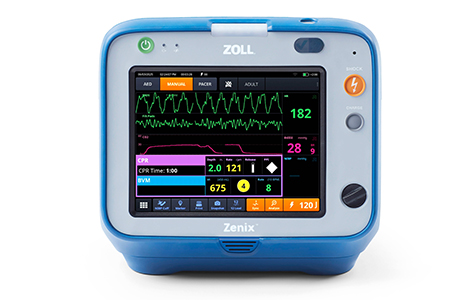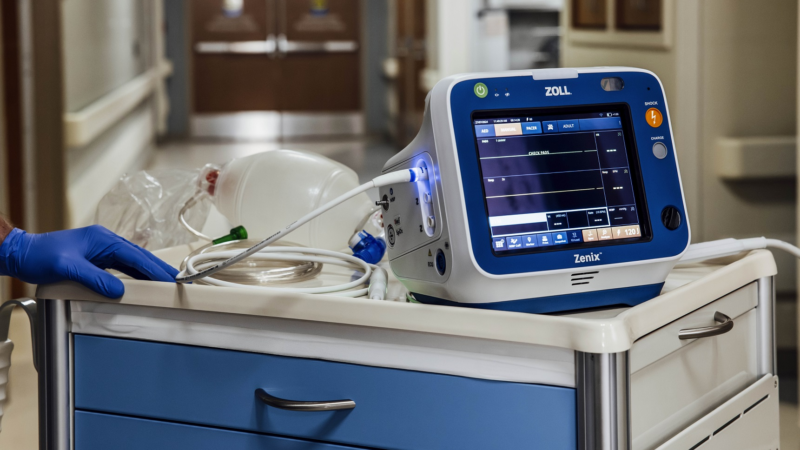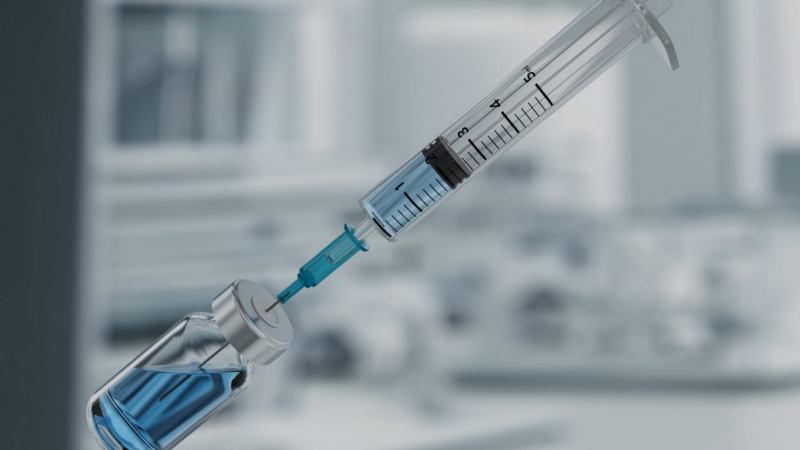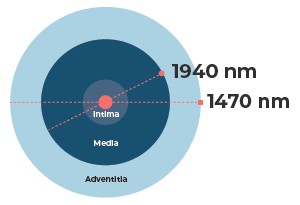European Healthcare Industry and Digitization
In recent years, digitization has played a significant role in almost every industry, and the healthcare sector is no exception. The increasing digitization offers numerous opportunities to enhance the efficiency of the industry while improving the quality of patient care. According to a survey conducted by the European Commission in 2020, 22 EU member states had already implemented national electronic health records. The study by the European Telecommunications Network Operators Association (ETNO) states that over 70 million telemedicine consultations were conducted in Europe in 2020. E-prescription systems are intended to be paperless and usable across Europe without language barriers in the future. According to the European Health Telematics Association (EHTEL), there are more than 375,000 health apps on the European market. In 2020, AI technologies were utilized in diagnosis, imaging, and data analysis in 76% of European hospitals. However, as digital health data increases, so does the importance of data privacy and security. The European Union has introduced the General Data Protection Regulation (GDPR) to ensure the protection of personal data and is working on initiatives such as the European eHealth Interoperability Framework to facilitate the exchange of health data between different countries and systems.
One of the key advantages of digitization in the healthcare industry is the ability to exchange medical data quickly and easily. Electronic patient records enable healthcare facilities and providers to seamlessly share essential medical information such as diagnoses, medications, and laboratory tests. This can significantly improve the diagnosis and treatment of patients while reducing the need for repeated examinations, contributing to an ongoing process that can help enhance medical care and provide better outcomes for patients.
Telemedicine and eHealth as significant advancements in digital medicine
In recent years, the adoption of telemedicine and eHealth has proven to be a significant advancement in digital medicine. Through the implementation of telemedicine, patients can monitor their health and manage their medical records online, leading to better care coordination. The availability of medical experts for online consultations has been crucial, especially during the Covid-19 pandemic.
Efficiency gains through digitization in the healthcare industry
Furthermore, digitization in the healthcare industry has improved the efficiency of medical protective equipment. The introduction of digital monitoring systems, sensors, robotics, and artificial intelligence (AI) has contributed to enhancing safety and quality standards in medical care. For example, in the field of personal protective equipment, digital solutions have been employed to minimize the risk of infections related to the use of PPE. Artificial intelligence plays a supportive role in analyzing patient data and identifying patterns and trends that can contribute to the development of personalized treatment plans. Robotics in medicine can be used to automate care and improve the quality of healthcare services.
Effective manufacturing of medical products and personal protective equipment
According to EU regulations, manufacturers of PPE must undergo a conformity assessment process to ensure that their products meet the defined requirements. This includes conducting a risk assessment, creating technical documentation, complying with relevant harmonized standards, and affixing the CE marking on the products. The conformity assessment is usually carried out by designated bodies appointed by EU member states.
Additionally, specific requirements may apply depending on the type of personal protective equipment. For example, there are separate standards and requirements for respiratory protective devices, protective clothing, eye protection, or hearing protection.
In terms of the digitalization effort, there are initiatives within the EU to digitize processes in the manufacturing of PPE. This involves the use of digital tools and technologies to improve the efficiency, transparency, and traceability of production and conformity assessment processes. An example of this is the introduction of the European database for PPE (PPE Database) by the European Commission. This database serves as a central platform for exchanging information about PPE products and manufacturers. It allows manufacturers to register their products, upload technical documentation, and provide information on conformity assessment procedures. Digitization aims to enhance the monitoring and enforcement of PPE regulations.
Regulating manufacturing processes is intended to ensure that products are reliable and of the highest quality to guarantee patient safety. Technology and innovations can also contribute to improving the speed and efficiency of manufacturing processes. For example, 3D printing technology has made dynamic progress in the production of medical implants and prosthetics.
New opportunities: clinical research and the development of new drugs
The digitization of the healthcare industry also offers new opportunities for clinical research and the development of new drugs. Big data analysis and digital technologies facilitate faster and more efficient clinical studies. The use of wearables in clinical trials provides real-time accurate data for collection and analysis. The future requires innovation to accelerate research and development and discover new treatment options.
Editor-in-Chief
Max Leber
Managing Director PPE Germany GmbH
PPE Germany GmbH mit Sitz in Berlin sind Spezialisten für Atemschutz Made in Germany. PPE Germany zählt zu den großen europäischen Maskenproduzenten für qualitativ hochwertige FFP2-Masken und startete 2020 mit der Produktion, um die Versorgung der Bevölkerung mit Schutzausrüstung zu gewährleisten. PPE Germany schützt die Gesundheit von Menschen, die in komplizierten Luftverhältnissen arbeiten und leben müssen beispielsweise durch Virale Kontamination, Krankenhauskeim Kontamination, Bakterielle Kontamination, Staub, Fasern (z.B. durch Mineralwolle), Industrieabgase, Feinstaub. Alle PPE Germany Produkte sind zertifiziert und unterliegen den strengsten Prüfstandards.
Company-Contact
PPE Germany GmbH
Max Leber
Mertensstraße 63-115
13587 Berlin
Phone: +49 30 202366380
E-Mail: 
Url: https://ppegermany.de
Press
PPE Germany GmbH
Max Leber
Mertensstraße 63-115
13587 Berlin
Phone: +49 30 202366380
E-Mail: 
Url: https://ppegermany.de
Die Bildrechte liegen bei dem Verfasser der Mitteilung.







